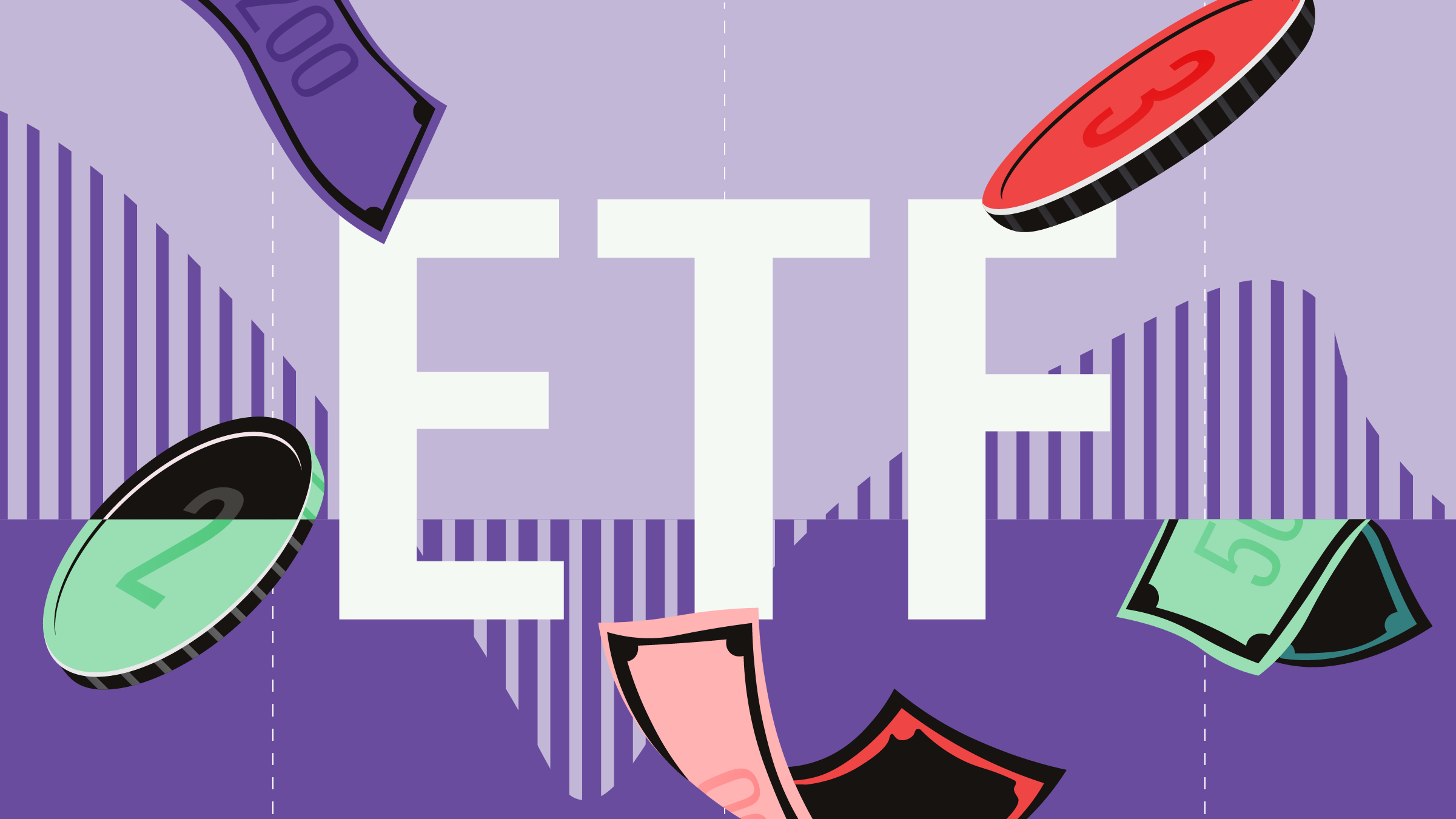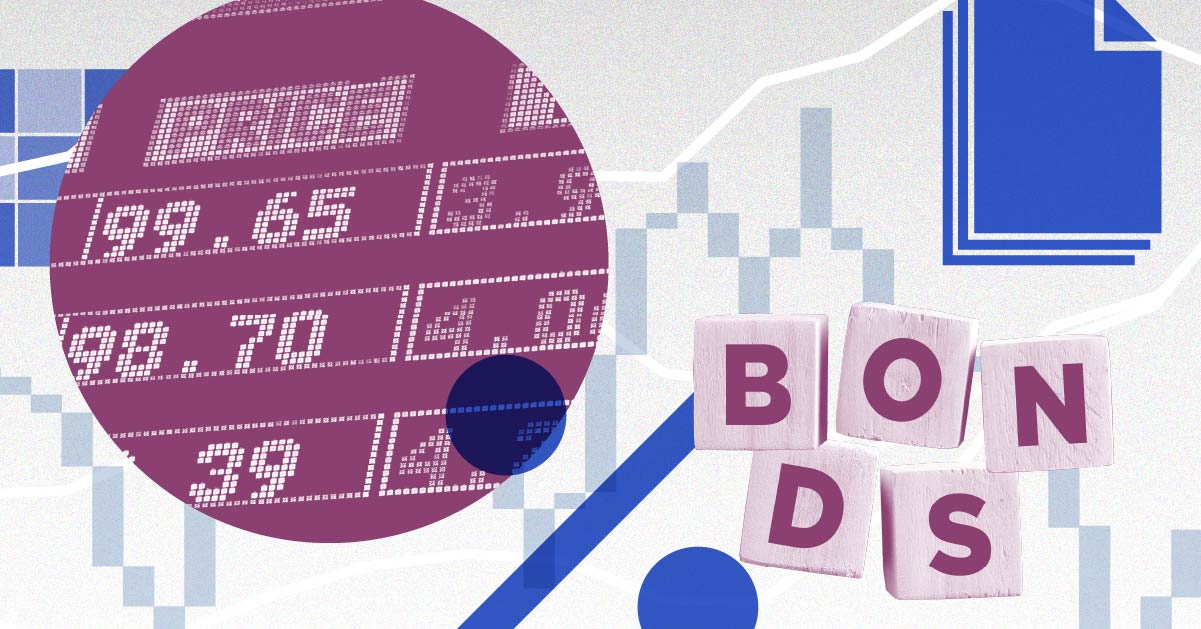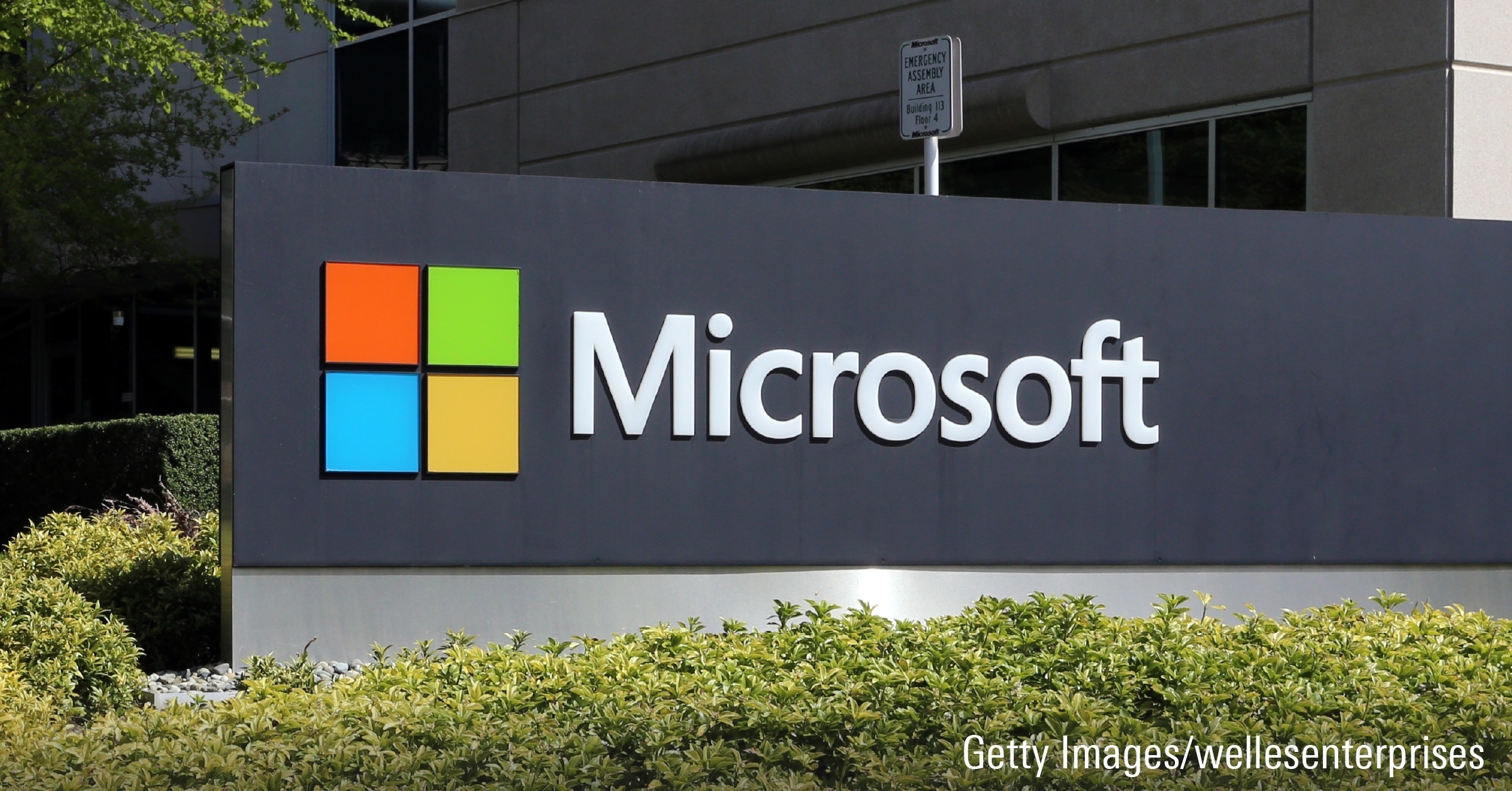There is plenty happening in the automobiles sector. From the race for driverless cars to the growing market for electric cars and some high-profile recalls, the industry is picking its way through its share of challenges as it undergoes a revolution driven by transformative forces.
A key constituent of the automotive sector is the auto parts manufacturing industry, whose fate is closely aligned with that of the rest of the sector. The recent slowdown in the automotive market, for instance, has had a direct impact on auto parts retailers, amply reflected in slowing sales and plunging stock prices. The recent selloff in stocks of auto parts manufacturers, where leading players lost roughly 40% year-to-date, created an attractive entry point for investors with some risk tolerance and a long time horizon.
"The industry's recent stumble is cyclical rather than secular and not reflective of a longer-term shift toward digital retailers or other competitors," says Zain Akbari, equity analyst at Morningstar. "We do see a long-term opportunity as these larger-scaled part retailers take advantage of the fact that they can provide better service levels than their smaller-scale peers and also ward off digital threats."
The following auto parts sellers are far better suited to weather an industry slump than their smaller peers and are well-positioned for market share gains. Moreover, their stocks are trading well below their fair value estimates, offering a margin of safety and potential for future price appreciation, according to Morningstar equity research.
| Advance Auto Parts Inc. | ||
| Ticker: | AAP | |
| Current yield: | 0.24% | |
| Forward P/E: | 12.3 | |
| Price: | US$100.50 | |
| Fair value: | US$169 | |
| Data as of July 17, 2017 | ||
![]() Advance Auto Parts (AAP) is one of the largest retailers of aftermarket automotive parts, tools and accessories serving do-it-yourself (DIY) customers in North America. The company, which operated 5,189 stores as of the end of 2016, derived 58% of its 2016 sales from commercial clients, up from 30%-40% before a recent acquisition.
Advance Auto Parts (AAP) is one of the largest retailers of aftermarket automotive parts, tools and accessories serving do-it-yourself (DIY) customers in North America. The company, which operated 5,189 stores as of the end of 2016, derived 58% of its 2016 sales from commercial clients, up from 30%-40% before a recent acquisition.
Despite short-term difficulty, the company stands to benefit from the 2014 purchase of General Parts as it refocuses on closing performance gaps with large-scale peers, says a Morningstar report. The combined company, the report notes, is poised to capture share in a market that should see consolidation, enabling large retailers to exploit a broad distribution network and provide a high standard of service. "Further benefiting Advance is the state of the industry, with rising miles driven and an aging vehicle fleet combining with a recovering economy to boost growth," says the report.
The firm's cost advantage and scope combine with the strength of its brand to create a "durable competitive advantage that should shine through once the [General Parts] acquisition is fully integrated and Advance's performance gradually moves toward that of its peers."
While the retailer's returns on invested capital (10%) and operating margins (9.4%) in 2016 have lagged peers, it has ample runway for profitability growth over the years ahead, asserts Akbari, whose $US169 fair value estimate of the stock, although lowered recently from US$180 on account of a soft start to 2017, indicates significant upside potential relative to its current price.
The estimate implies a price to earnings ratio of 26, nearly 4% annual sales growth and 12% average operating margins over the next decade.
Advance has targeted US$750 million in cost savings over a four-year period, a substantial part of which could be reinvested to close performance gaps, adds Akbari.
| AutoZone Inc. | ||
| Ticker: | AZO | |
| Current yield: | - | |
| Forward P/E: | 10.2 | |
| Price: | US$494.90 | |
| Fair value: | US$750 | |
| Data as of July 17, 2017 | ||
Leading U.S. automotive retailer ![]() AutoZone (AZO) sells aftermarket automotive parts, tools and accessories. Most of its customers are of the do-it-yourself variety, but the company generates an increasing proportion of its sales from domestic commercial customers (18% in 2016). And while a majority of its 5,814 stores (at the end of 2016) are in the United States, it has a growing footprint across Mexico and Brazil. In 2014, AutoZone acquired Interamerican Motor Corporation (IMC), the second largest distributor of import replacement parts in the U.S.
AutoZone (AZO) sells aftermarket automotive parts, tools and accessories. Most of its customers are of the do-it-yourself variety, but the company generates an increasing proportion of its sales from domestic commercial customers (18% in 2016). And while a majority of its 5,814 stores (at the end of 2016) are in the United States, it has a growing footprint across Mexico and Brazil. In 2014, AutoZone acquired Interamerican Motor Corporation (IMC), the second largest distributor of import replacement parts in the U.S.
AutoZone is pushing to bulk up its commercial sales, building on its leading do-it-yourself aftermarket automotive parts franchise. "The company's endeavours come at a favourable time for the industry, as increased miles driven and an aging vehicle fleet have combined with a recovering economy to bolster sales growth," says a Morningstar equity report.
The company, the report says, has a stellar track record of operational success, with industry-leading adjusted returns on invested capital (averaging 29% over the past five years) and strong operating margins.
AutoZone benefits from strong brand value that stems from a nationwide presence, effective customer engagement, high standard of service and the success of its proprietary label products. Additionally, the company enjoys a cost advantage generated by the scope of its distribution and its leading DIY market share. It also stands to gain from an industry-wide consolidation behind national chains that can efficiently provide reliable part availability.
"AutoZone benefits from a customer base that values service level more than price-based competition, which insulates the firm's returns and acts as a bulwark against competition," says Akbari, whose US$750 fair value estimate for the stock, while trimmed recently from US$790, implies more than 40% upside potential.
The company's domestic operations still have room to grow, while it continues to expand operations in Mexico and Brazil. "The firm's measured approach to international expansion should poise the firm for continuing growth in the years ahead even after its core market consolidates and stabilizes," says Akbari, who projects operating margins to grow from 19% in 2016 to 21% by 2026.
| O'Reilly Automotive Inc. | ||
| Ticker: | ORLY | |
| Current yield: | - | |
| Forward P/E: | 13.9 | |
| Price: | US$186.74 | |
| Fair value: | US$242 | |
| Data as of July 17, 2017 | ||
![]() O'Reilly Automotive (ORLY) is one of the largest sellers of aftermarket automotive parts, tools and accessories. The company sells branded as well as own-label products, with the latter accounting for approximately 45% of sales. The firm serves professional (42% of 2016 sales) and DIY customers (58%) through its network of nearly 5,000 stores across the U.S.
O'Reilly Automotive (ORLY) is one of the largest sellers of aftermarket automotive parts, tools and accessories. The company sells branded as well as own-label products, with the latter accounting for approximately 45% of sales. The firm serves professional (42% of 2016 sales) and DIY customers (58%) through its network of nearly 5,000 stores across the U.S.
O'Reilly has the most fully realized dual-market capability -- commercial and DIY -- of the national chains, which helps maximize exposure to positive industry indicators and achieve strong returns. "The firm has profited from the recovering economy, increases in miles driven and average vehicle age, and the benefits of its expansive distribution network in ensuring part availability, leading to returns on invested capital that have grown 980 basis points since 2010, approaching 23% in 2016," says a Morningstar report.
While other national chains have followed O'Reilly's in the shift toward a dual-market approach, they will find it hard to match O'Reilly's advantage inherent in expertise and customer relationships. "This should keep O'Reilly's relative positioning strong among the national retailers as the industry undergoes a wave of consolidation," says Akbari. "Large-scale participants like O'Reilly are increasingly favoured due to their ability to provide hard-to-find parts to commercial (and, to a lesser extent, DIY) customers more quickly, reliably, and efficiently."
Morningstar forecasts the firm will achieve meaningful share growth in both market segments, with its DIY share growing from 9% to 11% and commercial share expanding from 5% to 7%, over the next 10 years.
And while weaker sales in the recent quarter prompted Akbari to lower the stock's fair value estimate from US$264 to US$242, it still offers a substantial margin of safety and upside potential to long-term investors.


















